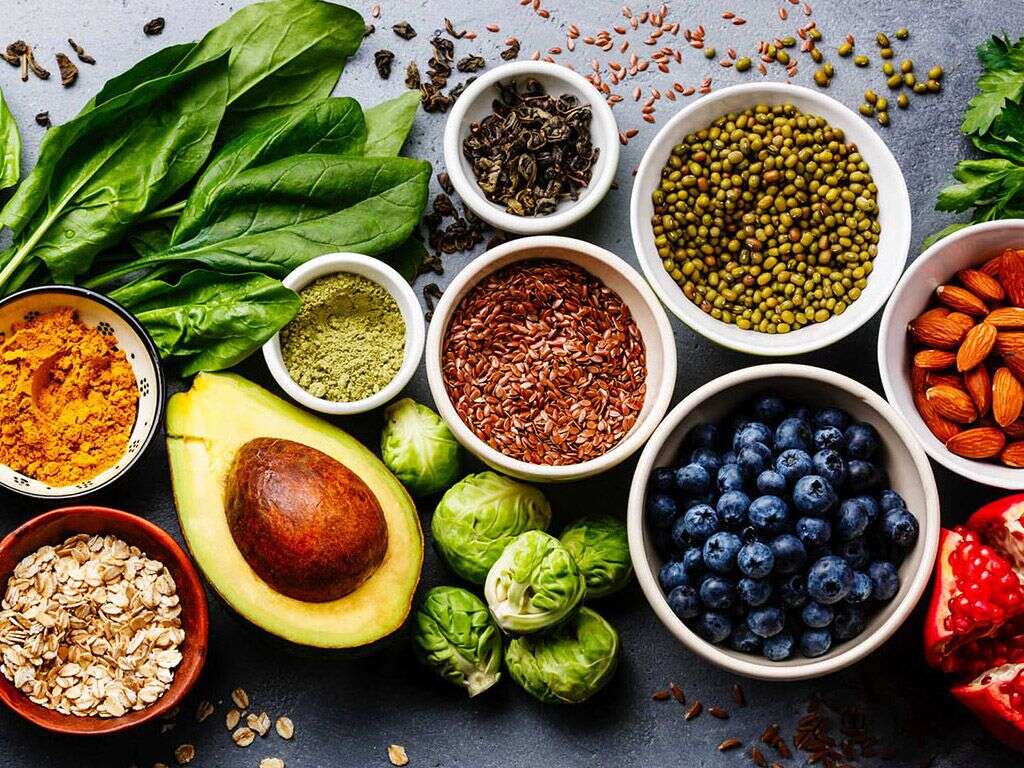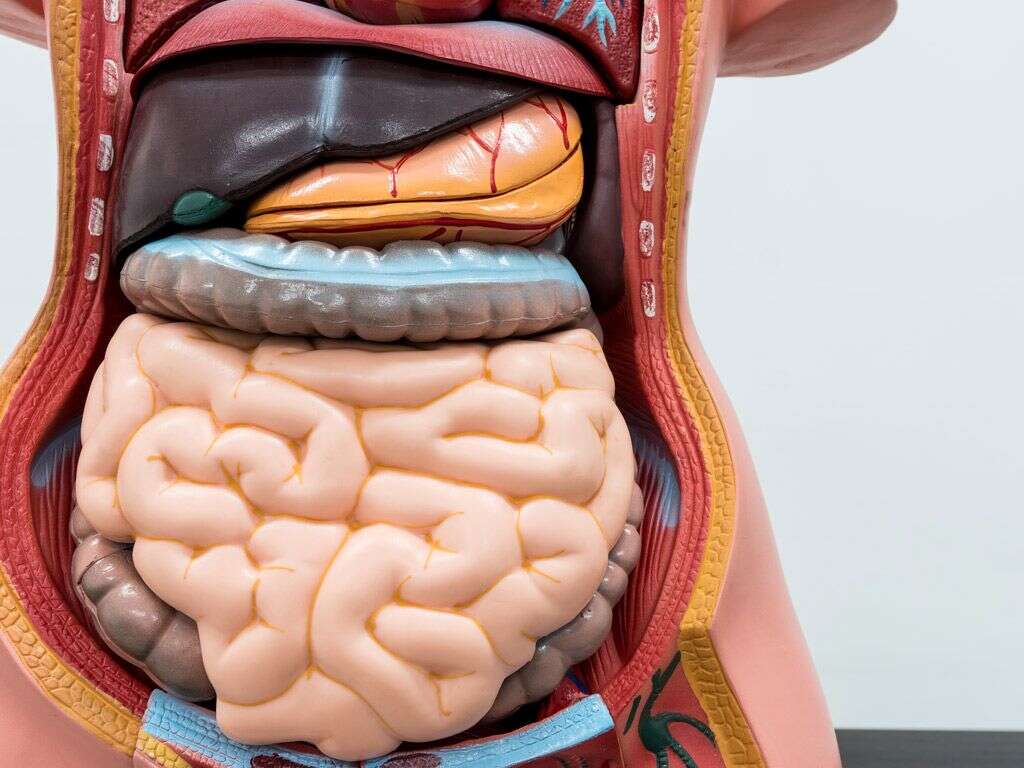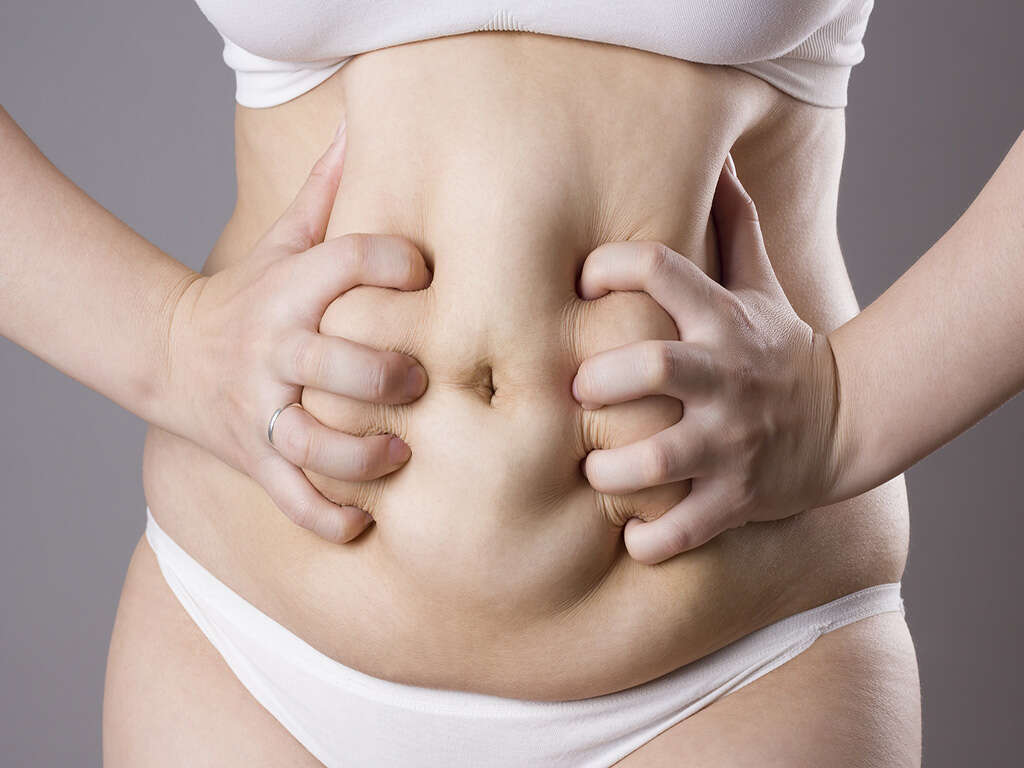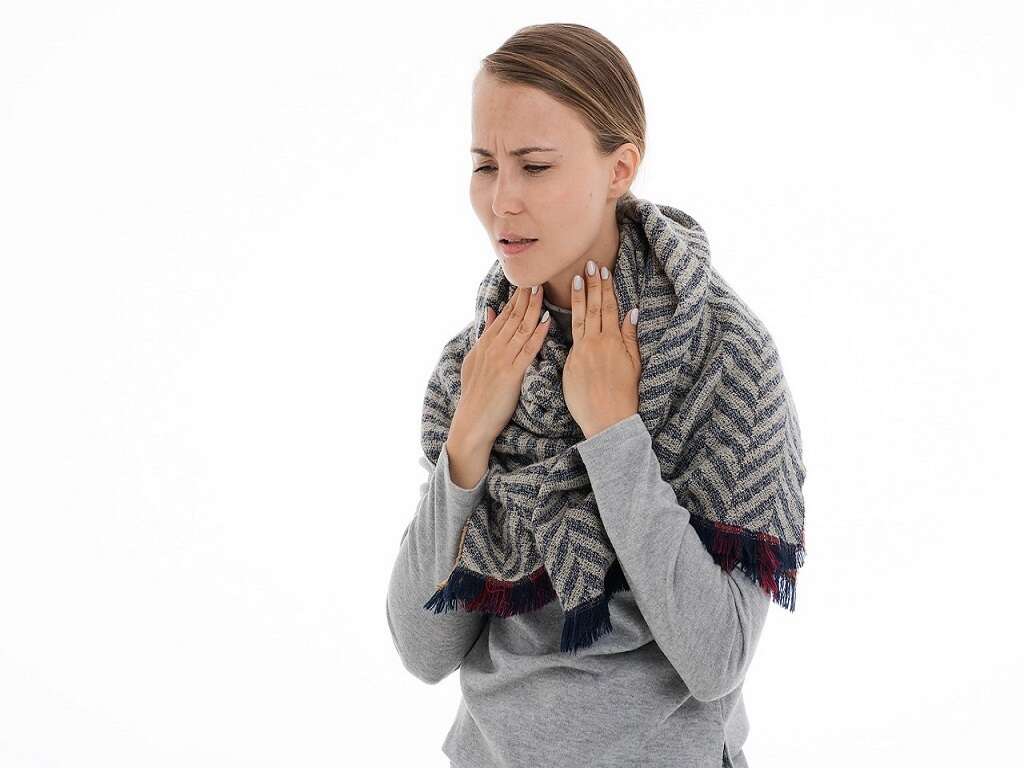Diverticulitis Diet 10 Foods To Avoid
As people get older, bulges called diverticula can form in the large intestine lining. Many people never know they have it, because there are usually no symptoms. Unfortunately, these pouches can become infected and inflamed, leading to a painful condition called diverticulitis. As the inflammation and infection worsens, this condition is also accompanied by bloating, nausea and vomiting, and constipation and diarrhea.
Diet does affect diverticulitis and certain foods should be avoided. It is important, though, to separate fact from fiction. Many experts do believe that a low fiber diet contributes to diverticulitis. People in Asia and Africa have very little occurrence of diverticulitis, and that may be because of their high fiber diets.
Therefore, a high fiber diet has long been recommended for patients with diverticulitis, but the American Gastroenterological Association (AGA) Institute Guideline on the Management of Acute Diverticulitis says there is very little evidence about whether a high fiber diet really helps1https://www.ncbi.nlm.nih.gov/pubmed/26453777. In fact, the guideline says that common symptoms of fiber, like bloating, should be factored in. Diverticulitis patients have long been told to not eat nuts or popcorn, but the AGA also says there is very little evidence to support that claim either.
Let’s take a look at what would constitute a diverticulitis diet, from another angle, ie. what foods should be avoided.
Diverticulitis Diet Foods to Avoid #1: Certain Fruits
Certain fruits like apples, pears and plums should be avoided with diverticulitis. These foods are also high FODMAP foods but for a different reason. These fruits are high in fructose, a naturally occurring sugar in fruits. If you have diverticulitis, and eat too much fructose, it could contribute to sugar fermentation in your gut and therefore to the symptoms of diverticulitis.
Diverticulitis Diet Foods to Avoid #2: Fermented Foods
Scientists have discovered that high FODMAP foods irritate the intestines of people who have diverticulitis and other intestinal conditions like irritable bowel syndrome. What’s a FODMAP? It stands for “fermentable oligosaccharides, disaccharides, monosaccharides, and polyols”, meaning basically anything with a high sugar content2https://www.ncbi.nlm.nih.gov/pubmed/28625832.
These sugars can begin fermenting in the intestinal pouches and greatly contribute to the pain. Foods like sauerkraut and kimchi are already fermented, so when you digest them, they can wreak havoc on all those diverticula. Best to avoid these in a diverticulitis diet!
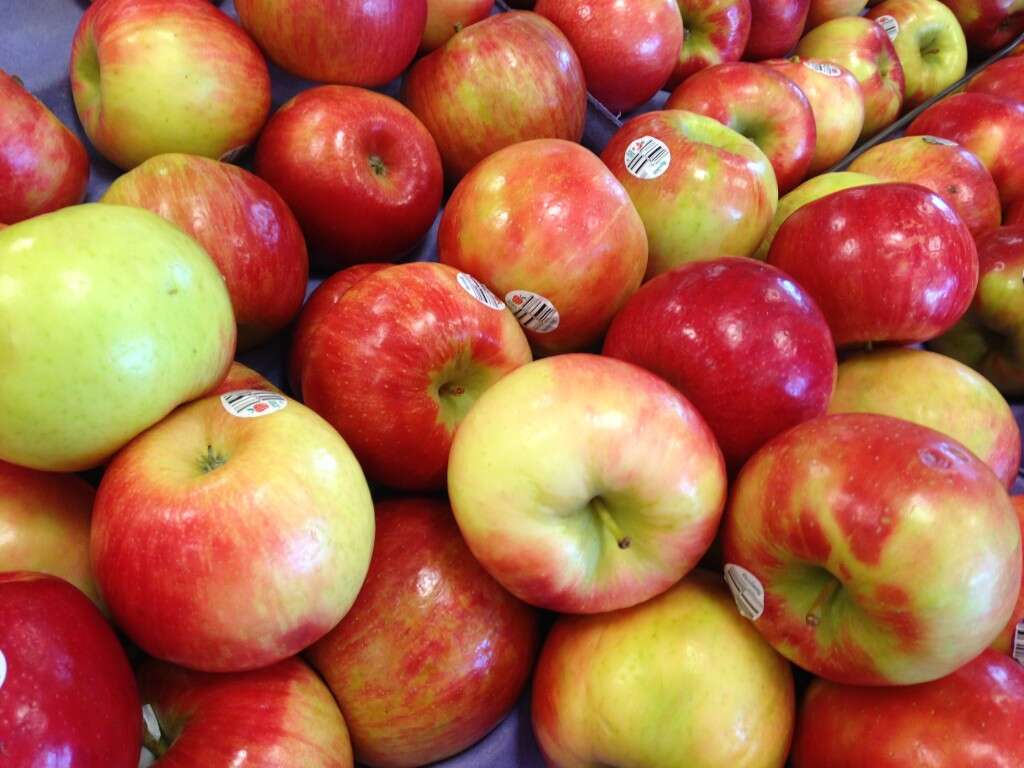
Diverticulitis Diet Foods to Avoid #3: Dairy Products
All milk has a protein called casein. Regular milk contains a specific type of casein known as A1 protein. Some studies indicate that A1 beta-casein contributes to inflammation in the body, including the intestinal tract.
Therefore, it can contribute to the symptoms of diverticulitis. A2 milk is available on the market; it contains only A2 beta-casein, which many doctors deem a safer choice3https://www.healthline.com/nutrition/a1-vs-a2-milk.
Diverticulitis Diet Foods to Avoid #4: Cabbage
Vegetables like cabbage and brussels sprouts are also high FODMAP foods and should be avoided. These vegetables are harder to digest therefore they can stay in the digestive tract for a while and lead to fermentation.
Onions and garlic are also in this category.
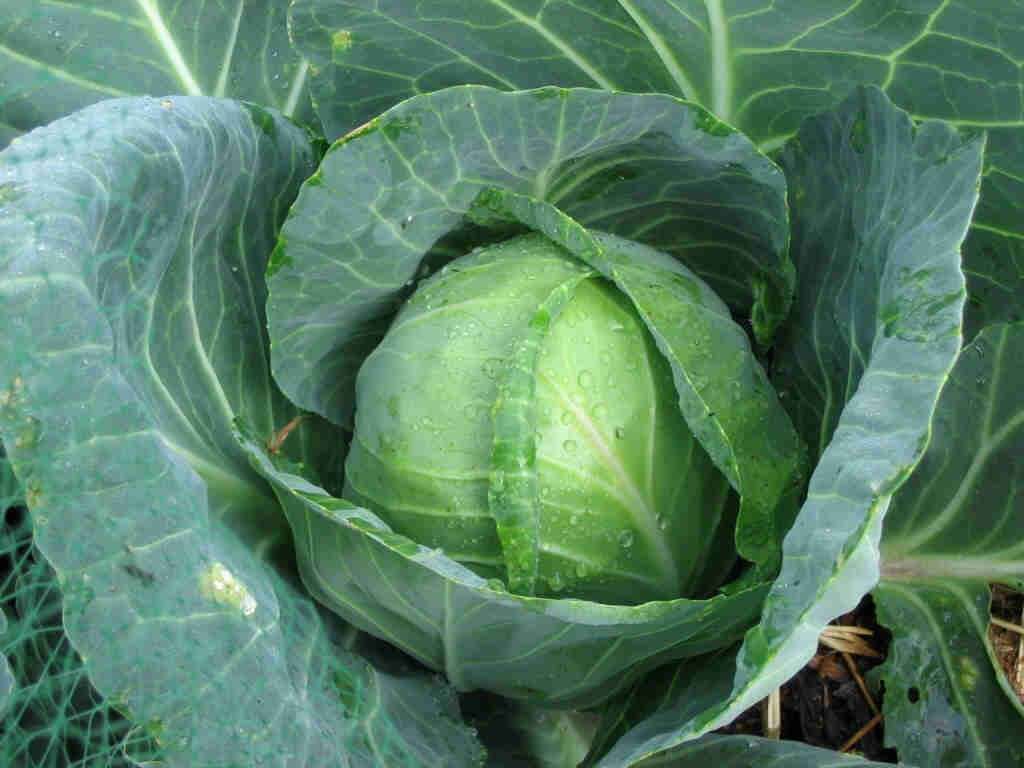
Diverticulitis Diet Foods to Avoid #5: Processed Foods
Processed and packaged foods tend to be high FODMAP foods and should be avoided on a diverticulitis diet. Most of these foods are high in starches that create issues, particularly in the small intestine.
The starches ferment, thanks to your intestinal bacteria. Gas and bloating, and even diarrhea can occur. Try to avoid any packaged foods or ready-to-eat meals. Even certain canned foods can contain high starch levels.
Diverticulitis Diet Foods to Avoid #6: Beans
While there is still much controversy over whether diverticulitis sufferers should or should not eat a high fiber diet, most doctors agree that patients should avoid high-fiber foods during a flare-up.
Beans and other legumes like lentils, kidney beans, navy beans or garbanzo beans (chickpeas) are all high in fiber and may irritate the intestinal lining during a flare-up.
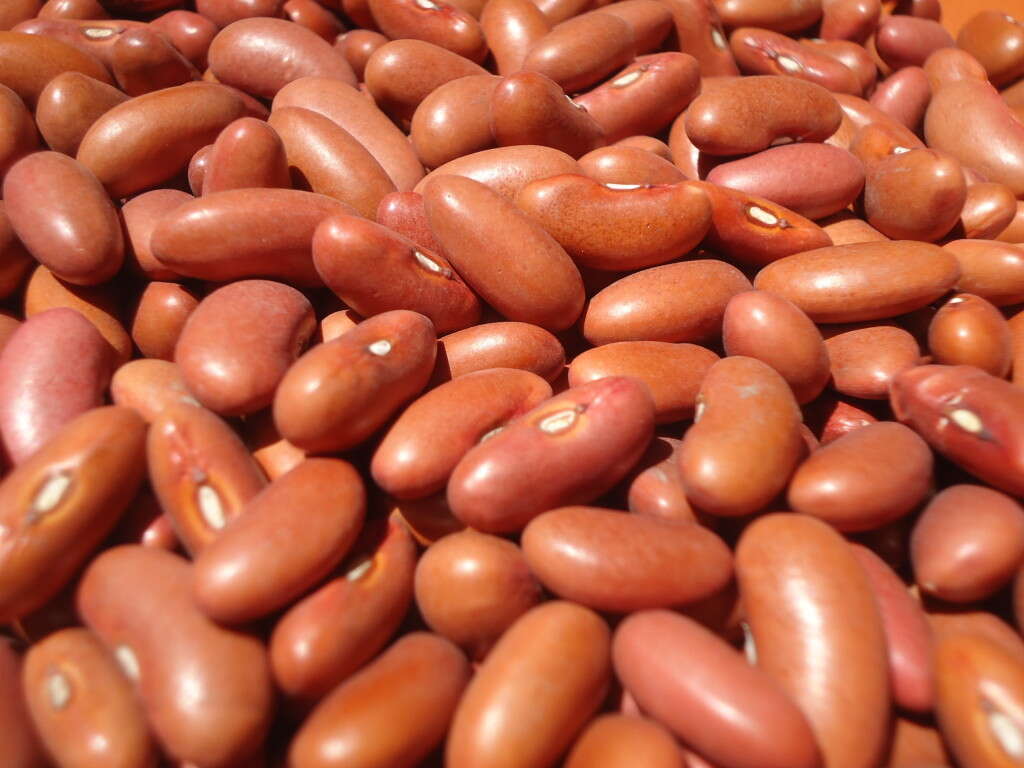
Diverticulitis Diet Foods to Avoid #7: Whole Grains
Many doctors who advocate a lectin-free diet say that people have no business eating whole grains. Why? Because they are very high in lectin content, a protein that binds to carbohydrates. This can create many issues in the intestinal tracts of diverticulitis sufferers.
Lectins are found in many foods. Most foods need to be cooked to reduce the lectin content, but the whole grains in many products often are not, therefore they are high in lectin. Some lectins like ricin are toxins. Avoid whole grains like oats, quinoa, brown rice, and bulgur.
Diverticulitis Diet Foods to Avoid #8: Caffeine
Caffeine is a stimulant therefore it will definitely stimulate your intestinal tract. It’s a good idea to avoid caffeinated beverages like coffee, tea or energy drinks, particularly during flare-ups.
Instead, opt for decaffeinated beverages or the healthiest drink of all: water.
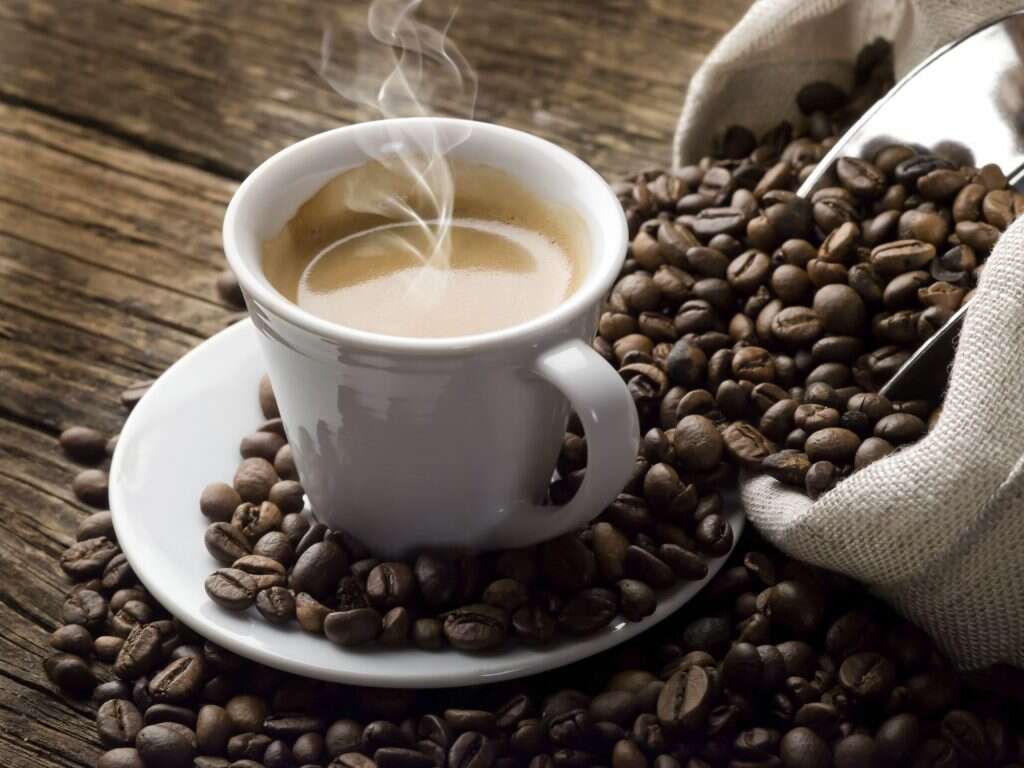
Diverticulitis Diet Foods to Avoid #9: Red Meat
Red meat and diverticulitis don’t go together. In a recent study, people who consumed the highest levels of red meat had a nearly 60 percent increased risk for diverticulitis. Researchers say that red meat is very pro-inflammatory, and it does contribute to inflammation in certain organs, including the intestines[[4]].
Diverticulitis Diet Foods to Avoid #10: Alcohol
Some research has shown a high correlation of diverticulitis in people who consume alcohol. Studies have shown that alcohol consumption is a significant risk factor for developing diverticulosis and diverticulitis later in life.
Westerners drink more alcohol than Eastern cultures. Researchers looked at prevalence of diverticulitis as well as alcohol use in 18 countries, and there was a strong correlation of the condition in alcohol drinkers[[5]].




